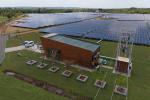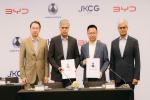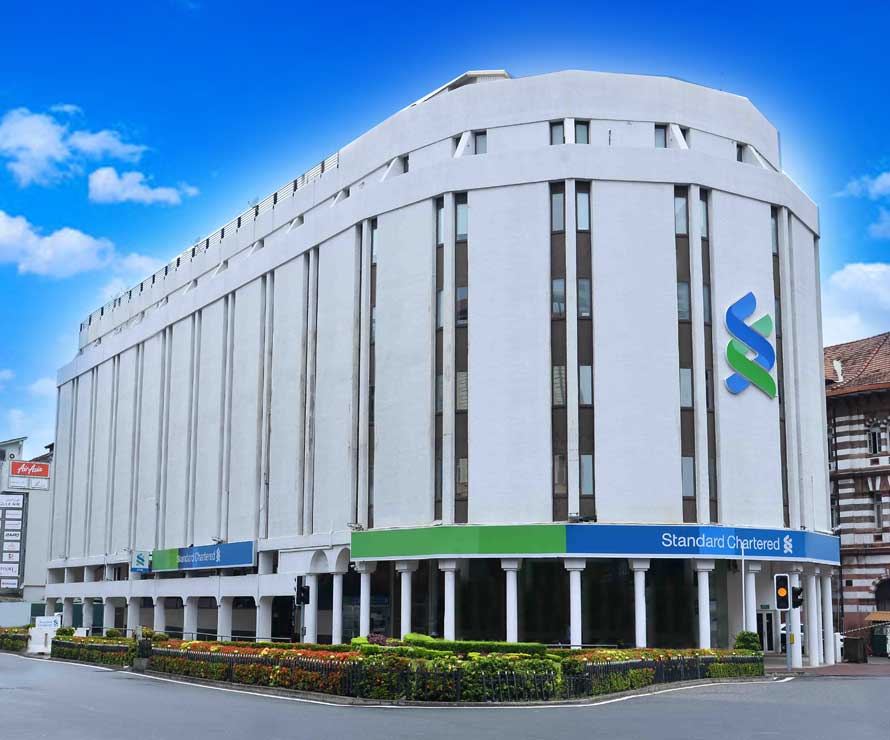In efforts to expedite the nation’s vaccination programme during the latest wave of the COVID-19 pandemic, Standard Chartered worked closely with the two leading state-owned banks to facilitate prompt and efficient trade financing solutions to help accelerate the invoice processing and payments to purchase the vaccines.
“Across the globe, Standard Chartered has been in the forefront to help local communities to fight the Coronavirus pandemic so that the world can look forward to a better tomorrow.
When the first wave hit Sri Lanka last year, Standard Chartered made a much-needed donation of USD500,000 to the Sri Lanka Red Cross Society to support emergency relief activities island-wide.
This trade loan is a continuation of the Bank’s efforts to help the citizens of Sri Lanka overcome the pandemic and is a testament of Standard Chartered’s ‘here for good’ promise,” said Bingumal Thewarathanthri, Chief Executive Officer, Standard Chartered Sri Lanka.
Commenting on the collaborative efforts in financing the vaccine imports to help control the spread of the virus was Lakshan Goonetilleke, Executive Director and Head of Financial Institutions at Standard Chartered Sri Lanka.
“It was very fulfilling for Standard Chartered to have been part of this trade loan, together with Bank of Ceylon and People’s Bank, to help fast-track Sri Lanka’s efforts in expanding the reach of the vaccination.
Our strong trade distribution network, consisting of leading market participants, also played a critical role in bringing these vaccines into the country,” he said.
During this unprecedented global challenge, the Standard Chartered Group, in March 2020, initiated a USD1 billion commitment of non-for-profit financing for companies and to date, has allocated over USD800 million to enable companies around the world to produce essential equipment that will help in the fight against the pandemic and deliver sustainable finance.
Sri Lanka became the first country in South Asia to complete a drawdown under this financing programme, and has since completed drawdowns totalling over USD45 million.
The loans beneficiaries include personal protective equipment (PPE) manufacturers who were able to expand their manufacturing capacity of PPE such as medical & protective gloves and face masks, as well as pandemic-hit apparel and textile manufacturers who made the switch to produce and export essential PPE supplies to countries like the US.
























